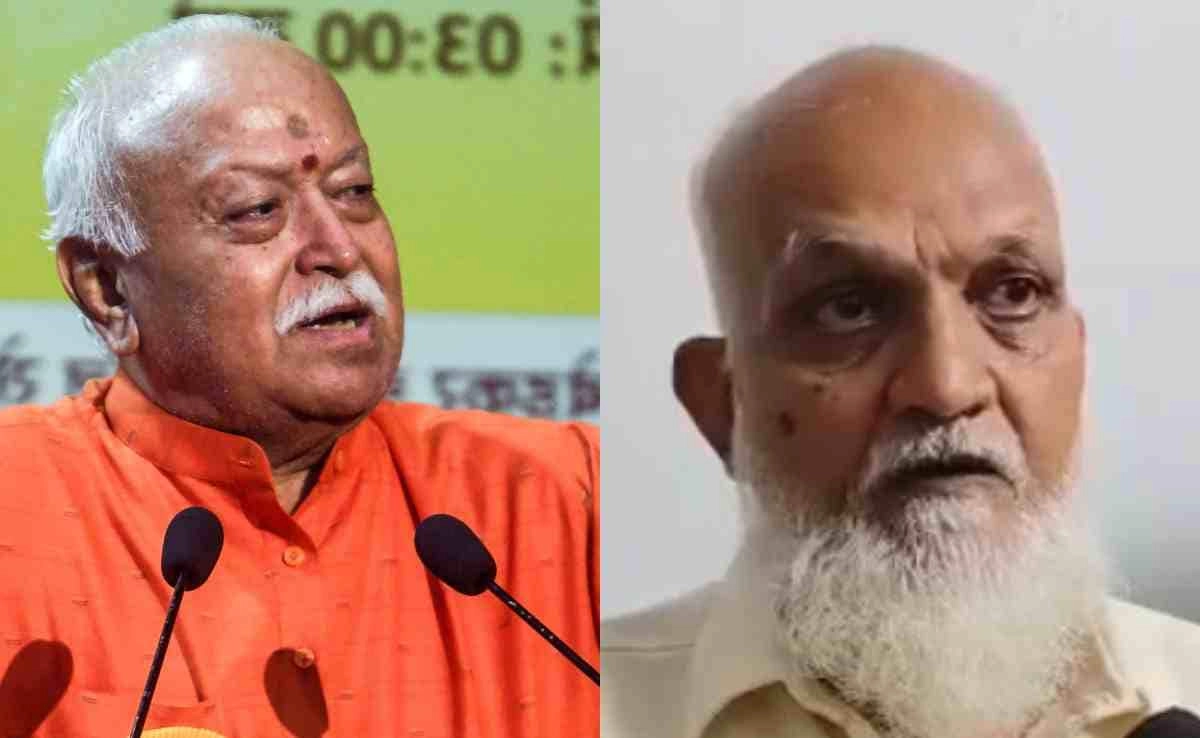In a significant ruling, a court has dismissed the claims made by an officer involved in the Malegaon blast case, who alleged that he had received directives to arrest the chief of the Rashtriya Swayamsevak Sangh (RSS). The Malegaon blast, which occurred in 2006, was a tragic event that claimed several lives and left many injured, drawing attention to the complex issues of terrorism and communal violence in India. The officer’s assertion was based on claims of political interference in the investigation, suggesting that higher authorities were attempting to manipulate the judicial process for their own ends.
The court’s decision to reject these claims underscores its commitment to maintaining the integrity of the judicial system. The ruling reflects a broader concern regarding the politicization of criminal investigations and the potential misuse of power by law enforcement agencies. The Malegaon case has been a focal point for discussions around terrorism in India, especially given the involvement of various political entities. By dismissing the officer’s claims, the court has sent a clear message that allegations of improper influence must be substantiated with credible evidence to be considered valid.
This ruling also highlights the ongoing tensions between different political factions in India, particularly concerning issues related to communal violence and the response of state machinery. The RSS, as a prominent Hindu nationalist organization, has often been at the center of controversies regarding its role in various incidents of violence. The court’s decision may have implications for how such organizations are perceived in the context of law enforcement and judicial proceedings. As society grapples with the legacy of events like the Malegaon blast, the need for impartial investigations and accountability becomes increasingly critical.
Furthermore, this case reflects the challenges faced by law enforcement in navigating the complexities of political affiliations and communal sensitivities. The officer’s claims could potentially undermine public trust in the judicial process if they were to be proven credible. As such, the court’s ruling serves not only to uphold the rule of law but also to reinforce the importance of independent investigation free from external pressures. The ongoing discourse surrounding the Malegaon blast case continues to resonate in contemporary discussions about justice, accountability, and the role of political influence in legal matters in India.




